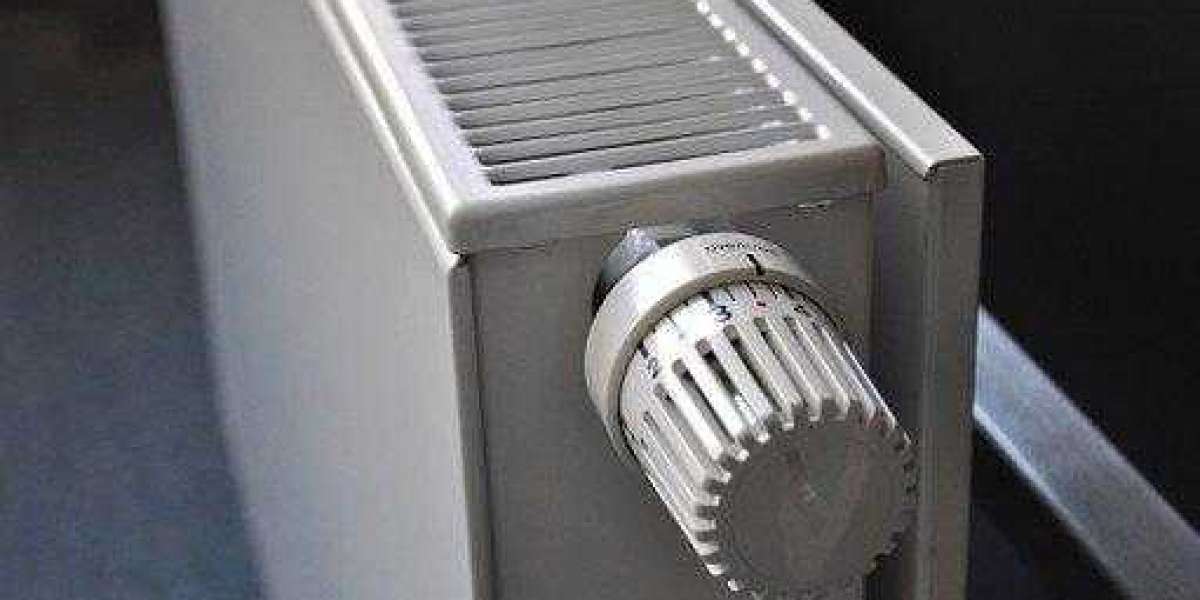Digital instruments are typically the go-to choice for processors when precise process measurements are required because of their accuracy, dependability, and capacity to retain measured results for analysis and data storage. This is because digital instruments can retain measured results for analysis and data storage. The use of analog instruments, on the other hand, is not recommended in most cases.
When it comes to digital flow meters, there is a diverse selection of technologies available on the market; as a result, reaching a conclusion can be difficult due to the abundance of options. We hope that we can be of service to you!
This article will take a methodical look at flow meters, which are used extensively in the sanitary processing industries. These industries make extensive use of flow meters.
First things first, let's begin by defining flow meters and going over the many applications for which these instruments are used. Next, let's take a look at some examples of flow meters in action.
We will start by providing a general overview of digital (that is, electronic) and analog (that is, mechanical) measuring devices, followed by a discussion of the benefits and drawbacks associated with each type of measuring device
In the following section, we are going to talk about the different kinds of digital flow meters that are currently on the market and that are suitable for use in sanitary processing applications
We are also going to explain how each kind of digital flow meter works
The digital flow meter products that CSI has available for purchase will be the topic of our final discussion, which will bring this all to a close.

WHAT DO YOU MEAN BY A FLOW METER?
Flow meters are utilized in the production processes that take place in sanitary processing industries to measure the rate at which fluids are moving through pipes and tubes at a specific location. These industries are responsible for the processing of sanitary goods. Flow meters are utilized in the monitoring of not only the flow of products but also the flow of utilities in plants of this type. Some examples of these utilities include steam, water, and glycol, amongst others.
Why is it important to measure the flow of fluid? There is a very long list of things to think about.
Dosing operations, which are situations in which a specific volume of liquid must be combined with a measured amount of a solid, such as when preparing a dough, are one example of situations in which flow measurement may be important. Dosing operations include situations like these because they require a specific volume of liquid to be combined with a measured amount of a solid.
Measuring fluid flow gives plant operators an indication of how productive their operation is at a given point in time (i. e. how much product is being produced), and this is true whether the processing operation is continuous or batch-based. Processing can be done in either a continuous fashion or in batches with this.
When goods are transported through pipes, they are occasionally subject to shear forces, which are brought about by the speed at which the flow is moving. The permeability structure of the product and its rheology are both susceptible to being altered as a result of the actions of these forces. When faced with circumstances such as these, it is absolutely necessary to have knowledge of the fluid flow rate in order to maintain the quality of the product.
In order to achieve a level of cleanliness that is considered to be satisfactory when performing operations known as clean-in-place, or CIP, it is necessary for the cleaning fluids to move at a specific velocity through the pipes. Because of this, velocity needs to be measured so that it can be confirmed that the CIP solution is functioning as intended.
FLOW METERS: DIGITAL OR ANALOG?
Any type of measurement that you can possibly think of can typically be carried out using either analog or digital instruments, and there are instruments available for both types. Let's take a quick look at the workings of each one, as well as the advantages and disadvantages of each one.
One of the most common kinds of digital flow meters utilized in the sanitary processing industries is the standard digital magnetic flow meter, which is also referred to as a magmeter. This particular type of mechanical flow meter is also known as a magmeter. In this article's fourth section, a more in-depth discussion of this specific kind of digital mechanical flow meter is presented. The operation of digital flow meters is based on a variety of different physical principles, and this varies depending on the type of meter that is being used. As we move on to the next section, we will explain how electromagnetic induction, the effect of the Coriolis force, and the propagation of ultrasonic waves are all examples of these fundamental principles.
Within the digital instrument, there is a component known as a transducer, and it is the job of this component to handle the conversion. In order to provide accurate information, the electrical information that has been provided by the transducer is then sent through a number of stages.
Digital instruments are also designed to convert for factors in the material that are being measured, such as temperature. One example of this would be. The figure that follows provides a visual representation of a conceptualization of how these kinds of instruments perform their functions.





